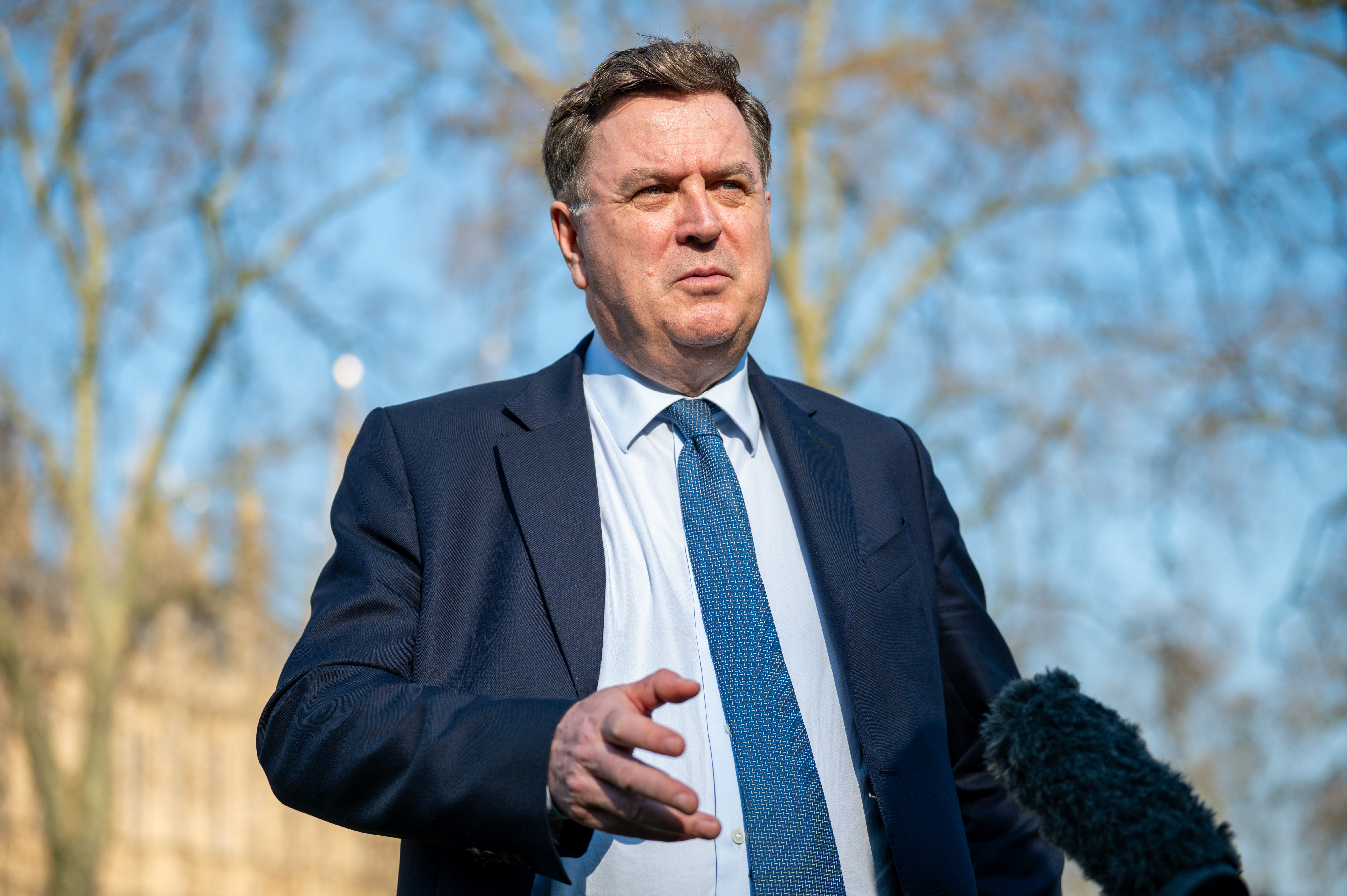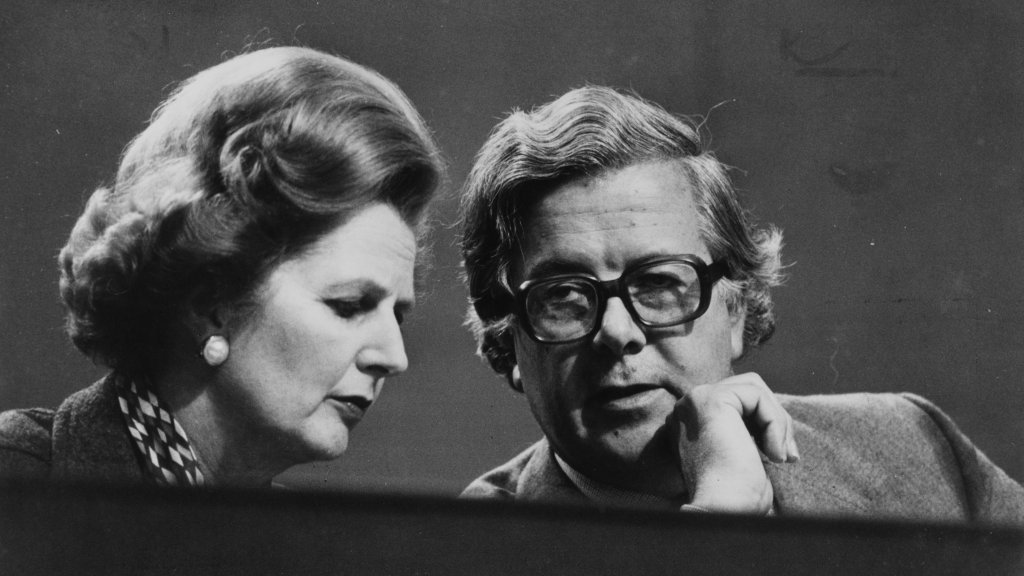UK Economic Confidence Plummets to Historic Lows Amid Global Uncertainty
Recent polling indicates that public confidence in the UK economy has reached an all-time low, surpassing declines seen during the global financial crisis, the Covid-19 pandemic, and the winter of discontent, as reported by Ipsos.
The Ipsos Economic Optimism Index (EOI), which has tracked economic sentiment in the UK since 1978, shows a dire outlook based on polling conducted from April 2 to April 8. According to the findings, 75 percent of respondents believe the economy will worsen over the upcoming year, while only 7 percent expect any improvement.
This leads to a concerning net score of -68 points when factoring in the 13 percent who feel the economic situation will remain unchanged and the 5 percent who are undecided.
These figures mark a significant decline compared to tumultuous periods in the past, including the recession of January 1980 under Prime Minister Margaret Thatcher, which recorded a net score of -64, the global financial crisis of July 2008 during Gordon Brown’s leadership (also -64), and the cost-of-living crisis that arose following the pandemic and the Ukraine invasion in June 2022 (again scored -64).
These grim economic sentiments come on the heels of a statement from the International Monetary Fund (IMF), which acknowledged that tariffs imposed by the United States have created a “significant negative shock” to the global economy, and subsequently revised growth forecasts downward for major economies including the UK.
The IMF now anticipates UK growth at just 1.1 percent for the year, a decrease from the earlier prediction of 1.6 percent. The United States is facing an even sharper revision from 2.7 percent to 1.8 percent.
Chancellor Rachel Reeves recently met with US Treasury Secretary Scott Bessent in Washington to discuss potential trade agreements, including hopes of persuading the US to reconsider a 25 percent tariff on UK car imports, which poses a risk of significant job losses in British manufacturing. The discussion regarding possible exemptions from the existing 10 percent base tariff remains unresolved.
In response to the latest poll data, Shadow Chancellor Mel Stride criticized the Labour government’s economic policies, stating, “Labour has shattered confidence in our economy at a critical juncture. Their negative budget and rhetoric, compounded by ongoing trade uncertainties, are hindering investment and consumer spending.”
Stride emphasized that the IMF’s downward revision of the UK’s growth forecast should serve as a crucial wake-up call for Reeves, highlighting the pressing issues of high inflation, weakened economic growth, and crumbling confidence. He warned that the current administration’s high-tax and high-spending policy choices could lead the UK back to the economic troubles of the 1970s.

Analysis over the past 47 years shows that the current level of economic optimism is the poorest among all prime ministers after nine months in office, surpassing the previous low of -58 points recorded during Thatcher’s early tenure in February 1980.
The widespread negative sentiment spans all demographic groups, with only slight differences among age, social class, and gender categories. Men report a score of -65 compared to -71 for women, while those in higher social grades (ABC1) are slightly less pessimistic with a score of -66, versus -72 for lower social grades (C2DE). Pessimism also rises with age, with scores of -59 for individuals aged 18-34, -68 for those aged 35-54, and -75 for people over 55.
A survey of 1,010 UK adults indicates a decline in optimism since last month, when 67 percent felt the economic outlook was bleak, and 13 percent believed it would improve.
Gideon Skinner, a senior director at Ipsos specializing in UK politics, remarked that while Britons are increasingly worried about the impact of US tariffs, there was already widespread anxiety about the economy’s state. He believes these sentiments pose a significant challenge for Labour, exacerbated by both immediate global concerns and longer-term worries about living standards and economic stability.




Post Comment